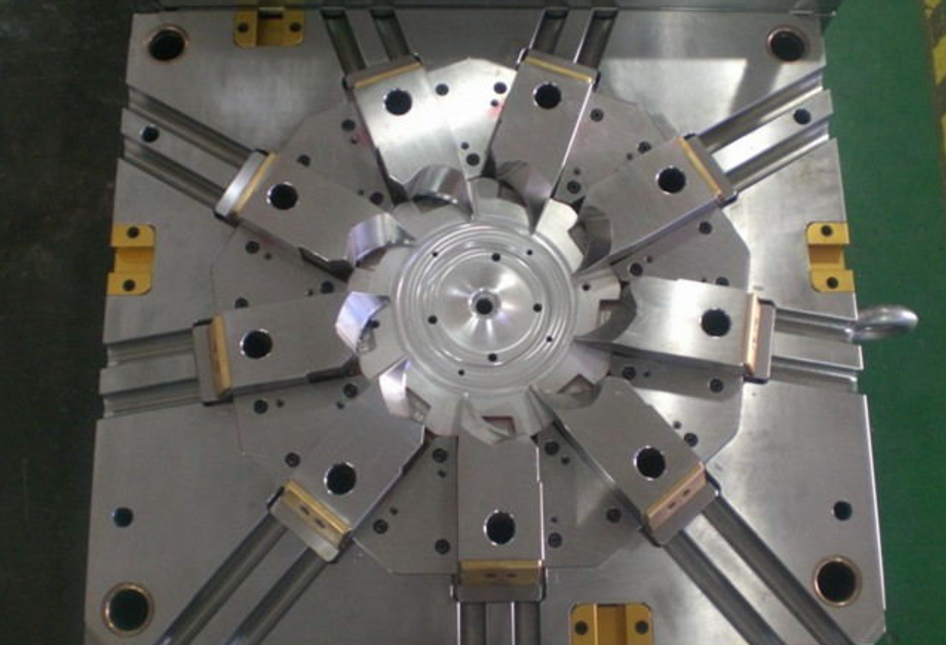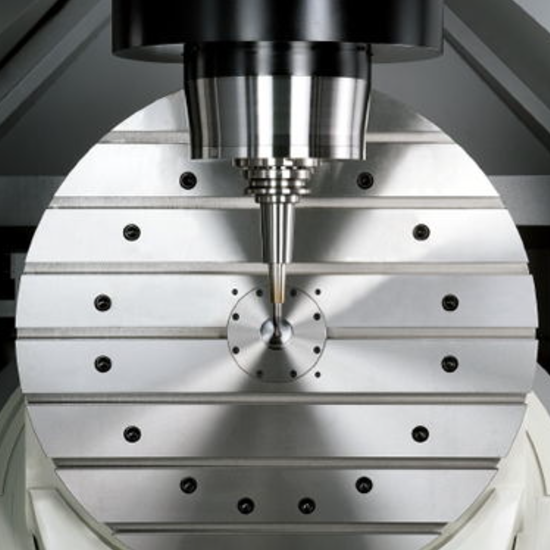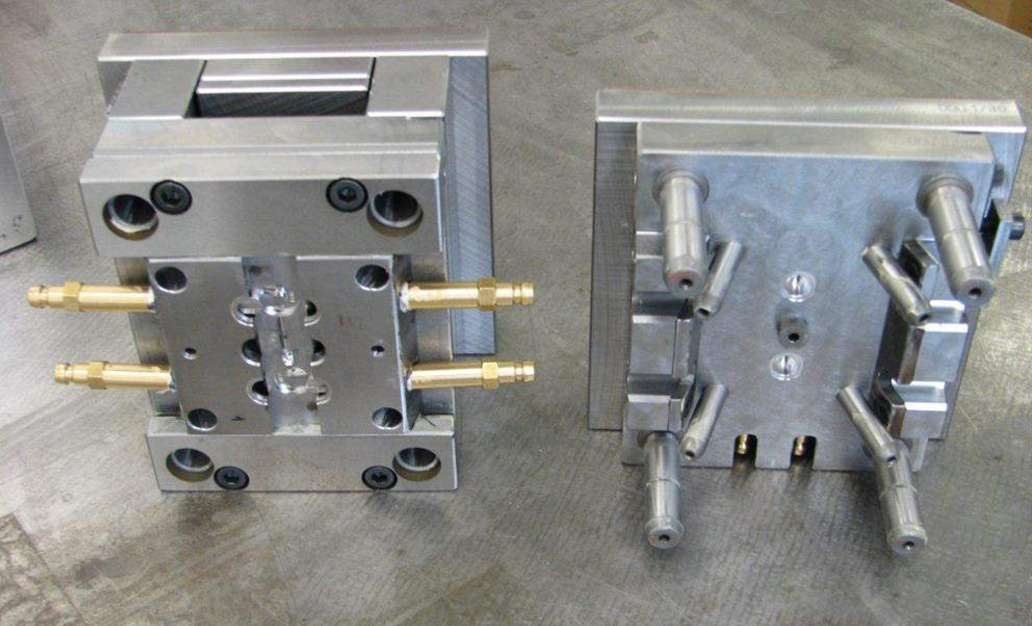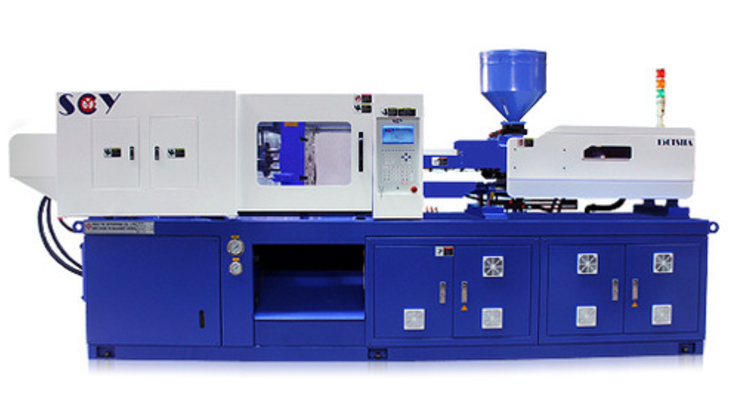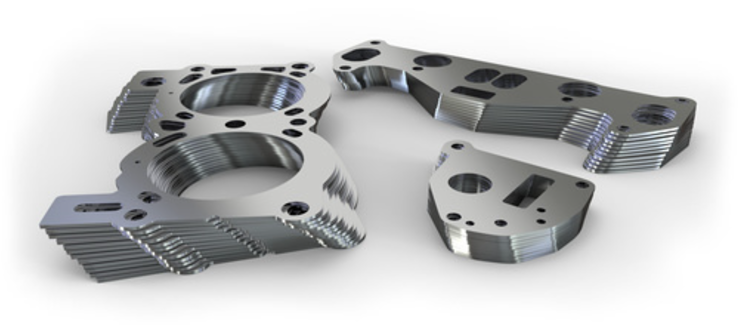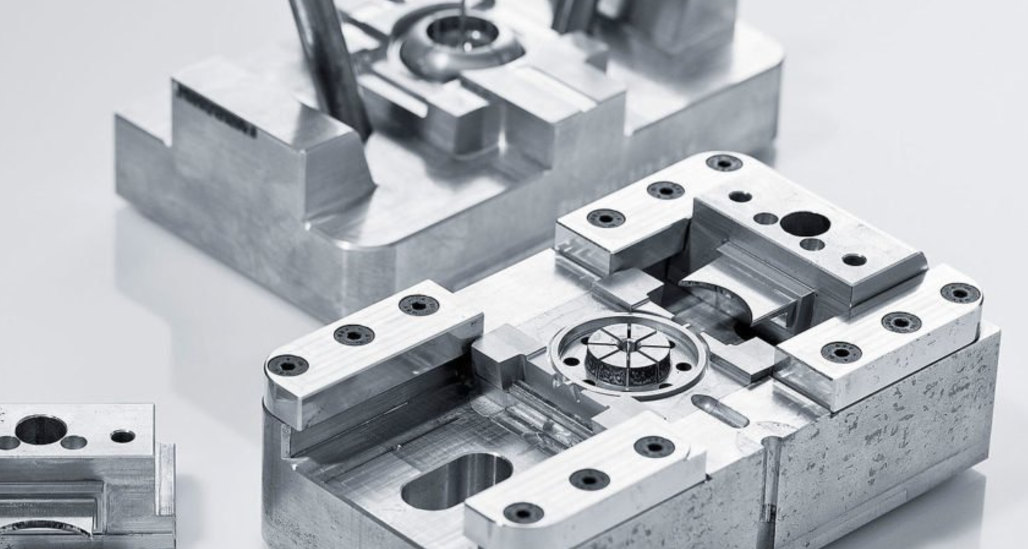When it comes to fabrication of plastic parts, most commonly used and the best manufacturing process is injection molding. There are number of products which can be manufactured using this process of injection molding. These products may vary based on their application, complexity, and their size.
The main requirements for this process of injection Prototype molding are usage of injection molding machine, mold, and raw plastic material. Initially the plastic should be melted in injection molding machine, and later it is injected into the injection mold. In later stages it cools down and then solidifies giving us the final part.
Injection molding is also in use for producing thin- walled, plastic parts for number of applications. One among them is plastic housings which is very common. This plastic housing is nothing but a thin- walled enclosure which sometimes demands bosses and ribs in its interior. These housings are most commonly used in number of products like household appliances, power tools, consumer electronics, and even in automotive dashboards as well.
Other than this, varieties of open containers like buckets are the best example for thin- walled products. Injection molding is also in use in many other items which are in use in everyday life like small plastic toys and toothbrushes. Other than this, injection molding is also used for manufacturing medical devices like syringes and valves.
Table of Contents
TogglePrototype mold: Process cycle
The process cycle for this injection mold is not complicated and is very short. It takes almost 2 seconds to 2 minutes. There are 4 stages in this cycle. They are
Clamping- before even injecting the material into the injection mold, there will be a clamping unit in which the mold should be securely closed first. The half of the mold should be attached to injection molding machine and the other half should be allowed to the slide. Mold halves are pushed by clamping unit which is hydraulically powered. This exerts the needed force to securely close the mold and at this point material is injected. The time needed to clamp and close the mold depends on the machine. This means larger the machine more time is required.
Injection- the raw plastic material used in the process should be in the form of pallets. This will be fed to the injection molding machine. Using injection unit, it should be advanced to the mold. Through pressure and heat, the material should be melted. Then this molten plastic will be injected into mold quickly. Shot is the term used for amount of material injected to the mold. The injection time is estimated through shot volume, injection power, and injection pressure.
Cooling- once the molten plastic contacts with interiors of the mold surface, it starts cooling. Once it gets solidified it takes the required shape. There could be some shrinkage of this part when cooling. This shrinkage can be reduced in the process of packing where additional material is made to flow into the mold. Till the desired cooling time has elapsed one should not open the mold. Through wall thickness and property of the plastic it is possible to estimate the cooling time.
Ejection- cooled part is ejected for the mold after estimated time. This will be done through ejection system which will be attached to mold’s rear half. Once the mold is opened, there will be mechanism to push the part from the mold. Here one must apply force because of shrinking parts would have adhered to the mold. They also use mold release spray agent to the surface of the mold. Dry cycle time of that machine is used to estimate the time required to open mold and ejecting the part. This also depends on the time which is required for part to fall free from the mold. Once the part is completely ejected, till the next shot which should be injected, mold should be clamped shut.
There will be few post processing stages which is typically required after the completion of injection molding cycle. When cooling happens, materials which are present in the channels may get solidify and attached to the part. This excess material and any flash which would have occurred should be trimmed in the post processing stages. For this they make use of cutters.
For few types of materials like thermoplastic, even the scrap material which came from this post processing can be used by recycling. That is recycled through plastic grinding and this is termed as regrinding and machine used for this is called granulator. This machine can produce pellets by regrinding the scrap material. For regrinding one must also add some fresh raw material as well in proper ration.
Equipment:
There are many components for injection molding machine. These are available in different configurations like vertical and horizontal configuration. Irrespective of their design, these machines need injection unit, power source, clamping unit, and mold assembly. In this injection unit takes care of heating the material and injecting in to the mold. The raw plastic is poured into the part which is termed as hopper. This is a very large container.

